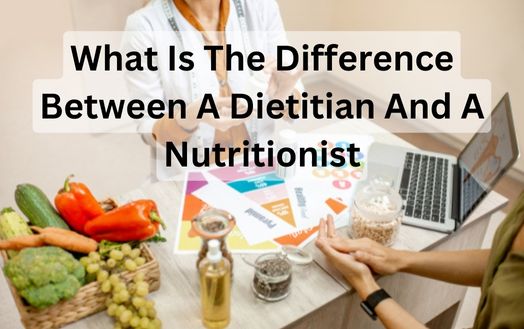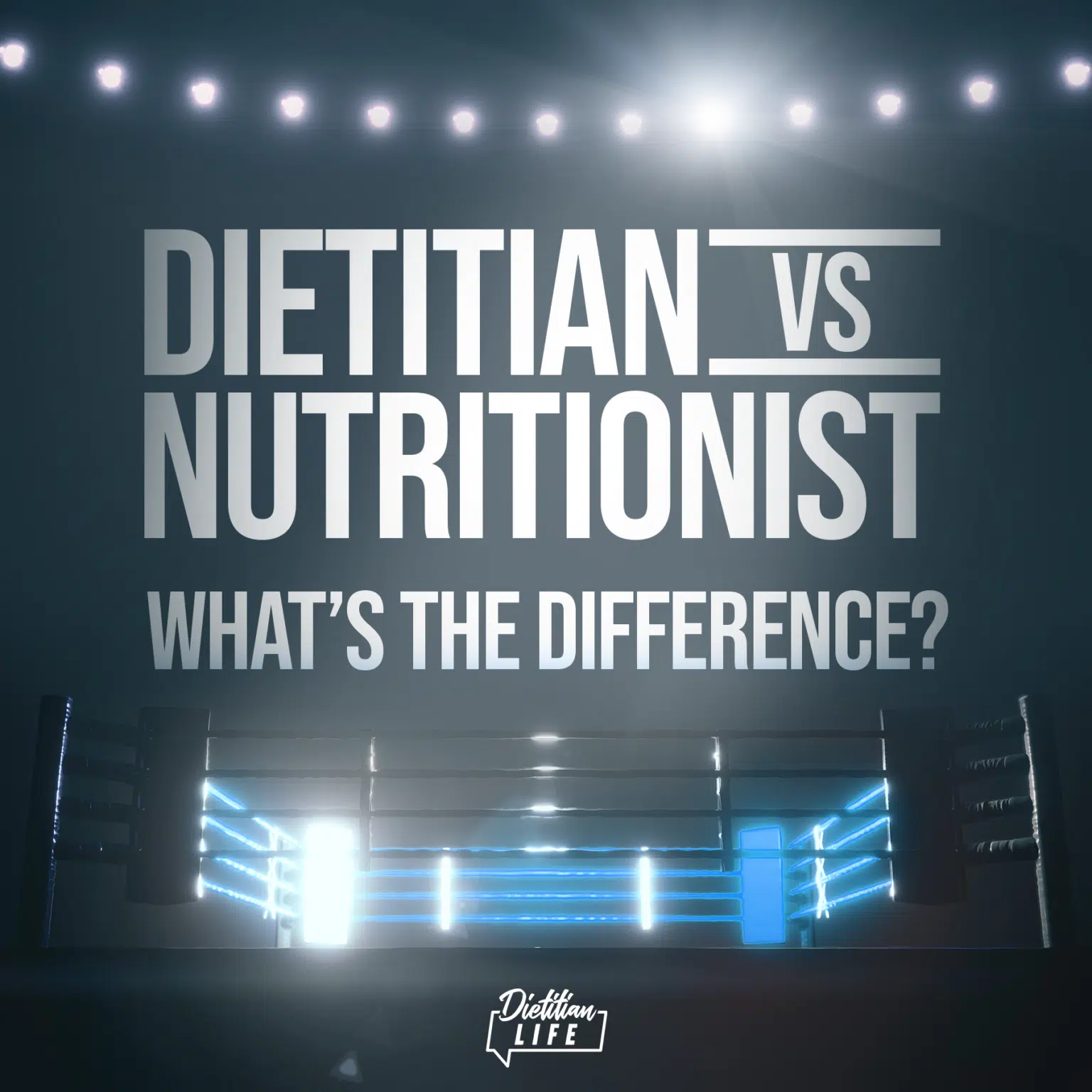All Categories
Featured
Table of Contents
-1
In the United States and several other countries, a dietitian is a board-certified food and nourishment expert. They are very informed in the area of nourishment and dietetics the science of food, nourishment, and their impact on human wellness. Via considerable training, dietitians acquire the knowledge to provide evidence-based clinical nutrition treatment and nutritional therapy customized to fulfill an individual's demands.
-1To earn these credentials dietitians-to-be have to first make a bachelor's degree or equivalent debts from an approved program at a college or college. Typically, this needs an undergraduate science degree, including training courses in biology, microbiology, organic and not natural chemistry, biochemistry and biology, makeup, and physiology, as well as even more specific nourishment coursework.
Healthy Eating Plans
-1This permits them to analyze intense needs, prioritizing life-threatening problems. Inpatient and outpatient dietitians likewise offer nutrition education and learning to people with specialized needs, such as those recently out of surgical procedure, in cancer treatment, or identified with chronic ailments like diabetic issues or kidney condition. In the outpatient setup, they offer a lot more comprehensive nutritional therapy working towards a nutrition-oriented objective.
-1Research study dietitians normally work in research hospitals, organizations, or universities. Once dietitians have actually made their credentials and are working in the field, they can go on to specialize in a particular subcategory, such as pediatric medicines or sporting activities dietetics.
-1They might in addition educate in an academic or study institution or cover nutrition-related topics. Others may work as health and nutrition specialists in media or as public audio speakers. Dietitians are qualified to take care of nourishment therapy throughout a period of severe and persistent conditions. The sort of conditions they deal with depends most on the setup of their technique.
Clinical Nutrition Counseling
-1In several states, such as Alaska, Florida, Illinois, Maryland, Massachusetts, and Pennsylvania, RDs and CNSs are approved the same state permit, usually called a Licensed Dietitian Nutritionist (LDN) certificate. In states that don't control using this term, any individual with a passion in diet or nutrition might call themselves a nutritionist.
-1Nonetheless, due to the fact that uncredentialed nutritional experts typically do not have the experience and training for medical nutrition therapy and nourishment therapy, following their suggestions might be considered unsafe (). Prior to speaking with a nutritionist, you might want to check whether your state controls that might use this title. In the U.S. states that do not regulate the term, no degrees or qualifications are called for to be a nutritionist.

-1
In states that do mandate licensure, the CNS or RD credential may required. Those with CNS credentials are wellness specialists like registered nurses or doctors with innovative wellness levels who have looked for additional coursework, finished monitored practice hours, and passed a test overseen by the Board for Certification of Nutrition Specialists.
-1While several of these methods may have robust clinical backing, others may not. Offering nourishment guidance without the appropriate knowledge and training can be unsafe, specifically when counseling those with health and wellness conditions. As such, if you are thinking about getting in touch with a nutritionist, you may intend to ask if they are a CNS or have state licensure or qualification, or an additional credential.
Nutritionist For Athletes
-1Several states specifically control this term. Additionally, nutritional experts might go after a sophisticated CNS qualification.
-1It can be testing to help individuals make real, long lasting modifications in their lives. When you get a successful instance, the benefit can be greatly rewarding. If it's a profession option that you wish to pursue, there are two major job alternatives readily available to you. Both dietitians and nutritionists offer a variety of nutrition-based solutions to customers.
-1They should have completed some degree of education in their field. They are additionally needed to have actually finished up to a year of monitored work, working within a led program at a health care facility, catering company, or neighborhood body. Dietitians have far better assumptions positioned on their capacities and degree of professionalism.
-1This suggests that there is no body that manages their credentials and no especially rigid guidelines that nutritionists requirement to follow in order to be able to practice. Dietitians, on the other hand, are signed up with across the country acknowledged bodies, such as the Dietitians Organization of Australia. They must follow the National Competency Criteria for Dietitians.
Functional Nutritionist – Greenfields

-1
Nevertheless, you can exercise as a nutritionist without the very same level of certification as a dietitian. Nutritional expert training courses can differ in size and quality, with some as brief as 6 weeks and covering far less content than a dietetics course. Relying on your education provider, you can get a substantial quantity of understanding through studying an easy nutrition program; however it is necessary to examine the program web content before starting.
-1This can consist of going to market workshops or reviewing market publications. Nutritionists, on the other hand, normally gain their credentials in order to supplement other qualifications and give much better guidance to their clients. Nutritional experts can obtain employment in a wide variety of fields, including public health and wellness guidance, advice for individuals, and collaborating with private organisations.
-1Nutritionists can work with showing off organisations, health clubs, schools and encourage media electrical outlets on basic terms and correct usage of terms. Dietitians can work in most of the same roles as nutritionists.
Pregnancy Nutritionist – Mandurah 6210
-1Dietitians frequently deal with more clinically delicate clients. These can consist of those with diabetes mellitus, allergies, weight problems, cancer and gastrointestinal diseases. Due to the high degree of understanding called for to give services to these people, only approved dietitians are permitted to supply care. Some of the greater level duties with healthcare organizations can be really rewarding, and pay rather well.
-1In Australia there is a distinction in between a dietitian and various other nutritional wellness companies consisting of nutritionists. All dietitians are nutritionists, however nutritionists without a dietetics certification can not call themselves a dietitian.
-1Dietitians with the Accredited Practising Dietitian (APD) credential devote to recurring training and education and learning throughout their occupations. They stick to our standard procedure. Dietitians have the knowledge and skills located in the National Proficiency Requirements for Dietitians. As an occupation, nutritional experts are not managed in Australia under NASRHP or certified under a solitary regulatory body.
Plant-based Nutritionist – Mandurah 6210
-1If you have a persistent health and wellness problem and a care strategy from your General practitioner, you may be able to assert a Medicare rebate when you see an APD. The primary purpose of individuals working in the career of dietetics is symbolized in this statement: The profession of dietetics adds to the promotion of health and the avoidance and treatment of health problem by optimising the nutrition of populaces, areas and individuals. Sports Nutrition Specialist.
Latest Posts
Paediatric Dietician ( Armadale 6112)
Weight Loss – Falcon 6210
How Do I Find A 4 Week Body Transformation Female Service?